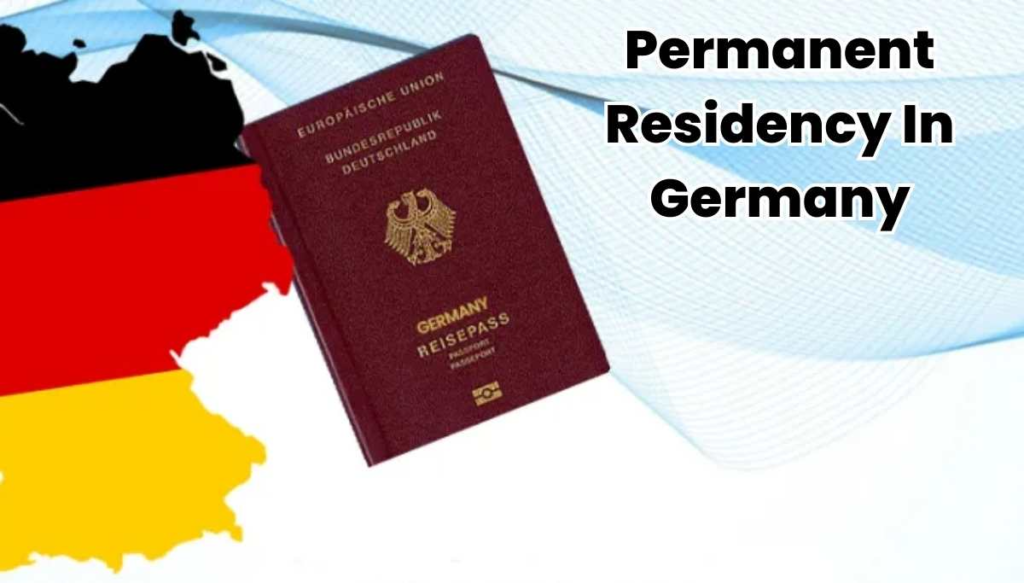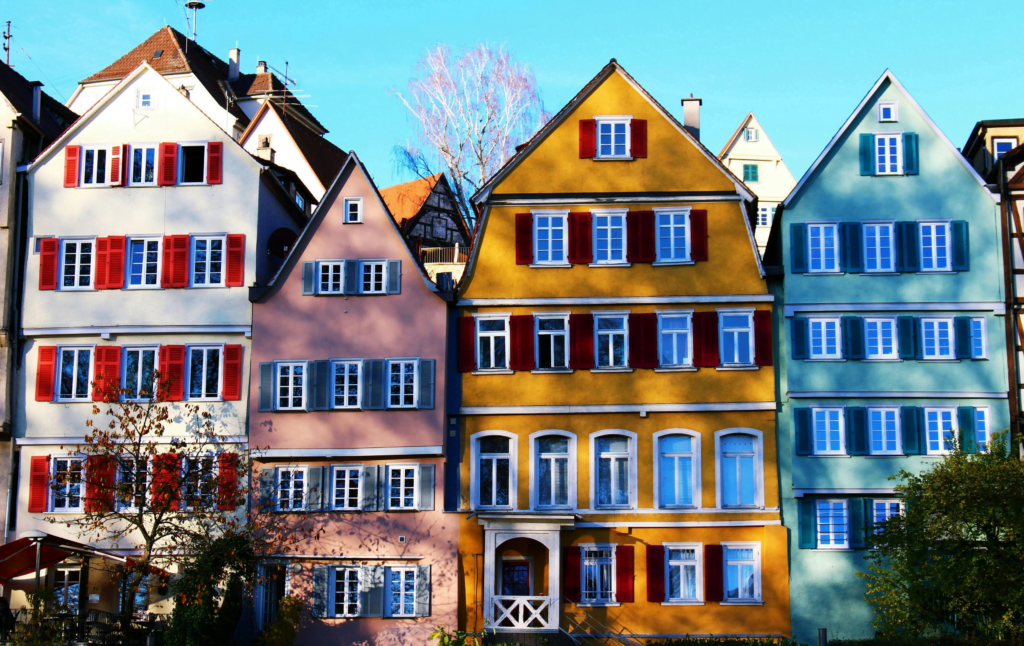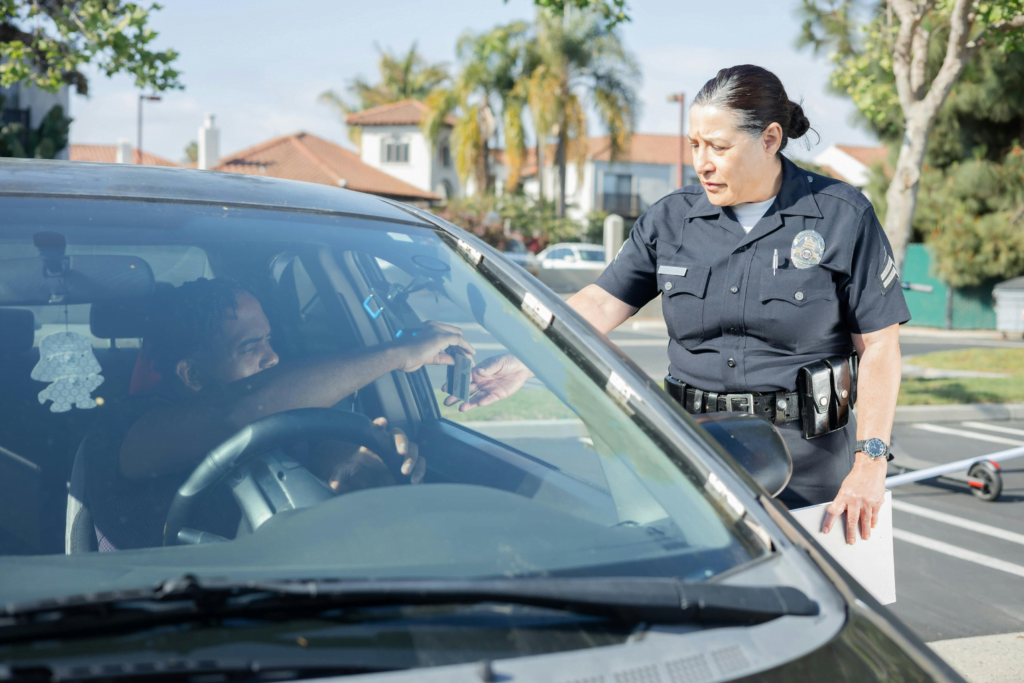
Germany is one of the most sought-after destinations in Europe for professionals, students, and expats worldwide. The robust economy, excellent quality of life, and strong labor market make it a desirable place to live and work. For those considering a long-term stay, obtaining Permanent Residency (PR) status is the key to a stable and secure future in Germany. In this article, we will walk you through the PR process in Germany, providing in-depth information and answering the most common questions.
What is Permanent Residency (PR) in Germany?
Permanent Residency in Germany, also known as a Settlement Permit (Niederlassungserlaubnis), grants non-EU nationals the right to live, work, and stay in Germany indefinitely. While temporary residence permits come with specific restrictions on duration, work, or study, a PR holder can live freely in Germany without these limitations. It’s the next step after holding a temporary residence permit and is often a gateway to obtaining German citizenship later.
Types of Permanent Residency in Germany
Germany offers two primary types of permanent residence permits, depending on an applicant’s situation:
- Niederlassungserlaubnis (General Permanent Residence Permit):
- This is the standard permanent residence permit granted to non-EU citizens who meet specific requirements after living in Germany for several years.
- EU Blue Card Holder Permanent Residence:
- The EU Blue Card is a special permit for highly skilled professionals. Holders of this card can apply for permanent residency faster than general permit holders.
Eligibility Criteria for Permanent Residency in Germany
To apply for PR in Germany, you must meet several requirements. These criteria differ depending on the category of your stay and the type of residence permit you hold. Below are the general requirements:
- Duration of Stay: Typically, you must have lived in Germany for at least five years on a valid temporary residence permit before applying for a permanent residence permit. However, for certain groups like EU Blue Card holders, the time requirement may be shorter (usually 33 months, or even 21 months with proficient German skills).
- Stable Source of Income: You must have proof of a stable and secure income that is sufficient to cover your living expenses without relying on social welfare benefits. This applies whether you are employed or self-employed.
- Pension Contributions: In addition to earning a stable income, you are also required to have contributed to the German public pension system for at least 60 months (five years). However, EU Blue Card holders need only 21 or 33 months of contributions, depending on their language skills.
- Language Proficiency: Applicants must demonstrate German language proficiency at a minimum of B1 level of the Common European Framework of Reference for Languages (CEFR). In some cases, a lower level (A2) might suffice, but stronger language skills significantly expedite the process.
- Accommodation: You must provide proof of having suitable accommodation for yourself and any family members living with you. This means presenting a rental contract or proof of homeownership.
- Health Insurance: Applicants must have valid health insurance, either public or private. Health coverage in Germany is mandatory, and applicants need to demonstrate they have comprehensive insurance to qualify for permanent residency.
- No Criminal Record: To be eligible for permanent residency in Germany, you must have a clean criminal record.
Step-by-Step Guide to Applying for PR in Germany
Here’s a detailed process to help you understand each stage of applying for permanent residency in Germany:
1. Check Your Eligibility
Before you can begin the application process, ensure that you meet the minimum requirements based on your residence permit category. This includes checking the length of your stay, pension contributions, language skills, and other necessary criteria mentioned earlier.
2. Gather All Required Documents
You will need to provide several documents to support your application. Ensure that all documents are in German or officially translated into German. Here is a list of the most common documents required:
- Valid Passport: Your current passport with a valid temporary residence permit.
- Proof of Income: Payslips for the last three months or profit and loss statements if self-employed.
- Pension Contribution Statement: Proof of pension contributions from the public pension system.
- Language Certificate: B1 German language certificate or higher.
- Health Insurance: Proof of your health insurance coverage.
- Rental Agreement: Proof of accommodation (rental contract or property ownership).
- Clean Criminal Record: Confirmation from German authorities that you have no criminal record.
Depending on your situation, you may be required to provide additional documents, such as a university degree (for Blue Card holders), or proof of family ties if applying for family reunification PR.
3. Schedule an Appointment
Once you have gathered all necessary documents, schedule an appointment at your local Ausländerbehörde (Foreigners Office). Due to high demand, appointments may be several weeks or even months away, so plan accordingly and schedule early.
4. Attend the Appointment
On the day of your appointment, bring all required documents and your completed application form. Be prepared to answer questions about your employment, finances, and life in Germany. The officials will review your application, and if all goes well, you will receive a confirmation.
5. Wait for Approval
After your application is submitted, you may have to wait several weeks to receive approval. During this time, the authorities will verify the information you provided and check your eligibility.
6. Receive Your Permanent Residency Permit
If your application is approved, you will receive a Niederlassungserlaubnis sticker in your passport. This sticker serves as proof of your permanent residency status. You are now free to live and work in Germany indefinitely, without any of the restrictions imposed by temporary residence permits.
Fast-Track Options for Certain Groups
Certain groups can benefit from faster processing or relaxed requirements for permanent residency:
- EU Blue Card Holders: Holders of the EU Blue Card can apply for permanent residency after just 33 months of stay. If they can prove proficiency in German at B1 level, this period is reduced to 21 months.
- Highly Skilled Workers and Researchers: Those classified as highly skilled workers or researchers can apply for permanent residency much sooner, often after four years of working in Germany.
- Graduates of German Universities: Non-EU graduates of German universities can also apply for PR after two years of holding a work permit, as long as they have a job relevant to their degree and meet all other criteria.
Benefits of Having Permanent Residency in Germany
- Unlimited Right to Live and Work: A PR holder can live, work, or study anywhere in Germany without time restrictions or having to renew permits.
- Access to Social Security and Benefits: PR holders can access all German social security benefits, including unemployment insurance, child benefits, and healthcare.
- Path to Citizenship: Permanent residency is an essential step for those who wish to apply for German citizenship. After holding a PR for a few years, applicants can apply for citizenship if they meet all the requirements.
- Family Reunification: PR holders have the right to bring family members to Germany through a family reunification visa. This process is typically more accessible for permanent residents than those with temporary permits.
- Visa-Free Travel: While PR does not grant full EU citizenship, it does allow you to travel freely within the Schengen Area, which includes most European Union countries.
- Freedom to Start a Business: With permanent residency, you can pursue self-employment or start your own business in Germany.
Conclusion
The process of securing permanent residency in Germany is systematic but comes with specific eligibility criteria. Whether you’re a student, a professional, or a family member of a resident, Germany offers a clear path to long-term residency for those who plan to call the country home. The benefits of holding a German permanent residence permit are substantial, offering long-term stability and a path toward full integration into German society.
If you meet the basic requirements and follow the step-by-step guide outlined above, obtaining PR in Germany can be a smooth and rewarding experience. As Germany continues to welcome skilled migrants and professionals, the country’s permanent residency program remains one of the most appealing in Europe for non-EU nationals.


